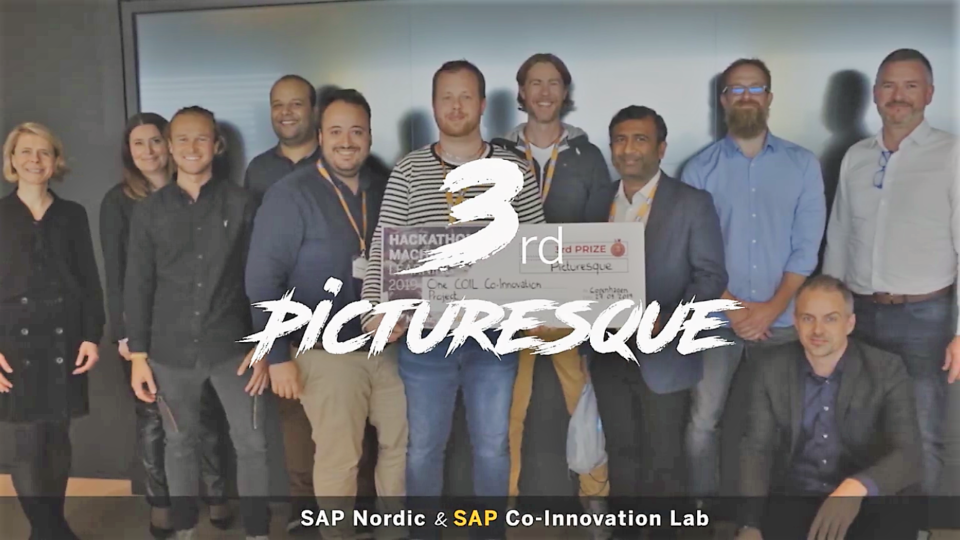The time has come for healthcare professionals to embrace the complexity of their mission and adopt methods previously used to develop business organizations and processes.
Physicians and big pharma alike have for long focused on diseases which are easy to diagnose and which can be cured by one pill a day for the rest of the patient’s life. The rich world is running out of those diseases, or at least the patents are running out. That is bad business for the pharmaceutical companies.
Instead, we’re waking up to a world where the patient is more knowledgeable about the condition than the physician, where diseases might be due to a mix of lifestyle, genetics, the microbiome and psychosocial circumstances. It is not easy to device a pill for that. It is also not what the healthcare system is designed for.
So are we forever to be plagued by welfare diseases such as obesity, stress, IBS, allergies and so on?
Not necessarily.
While big pharma is failing to adapt, and have essentially become sales and marketing organizations, rapid development is happening elsewhere.
Companies such as 23andme and uBiome have taken cutting edge science into anyone’s reach. Knowing your genetic predisposition for obesity, response to diet and exercise and metabolic profile is certainly handy when trying to lose weight. That is what 23andme is all about.
uBiome has taken the trending research of the bacterial flora and its effect on everything from mood, resistance to disease and obesity and made it publicly accessible and actionable.
It does not stop there. The advances of wearables and its introduction into healthcare might not be on everyone’s mind, yet, but it will affect most of us when we grow old. Forget going to the doctor’s office once a week to measure your blood pressure or EKG. With a wearable sensor you’ll be monitored as was once only possible in intensive care units.
Recent advances in delivery of medicine is good news for those with chronic diseases, and all of us in the long run. Implantable chips which release drugs into a blood vessel over a week or a month are being tested on patients.
Added together, the days of a single test and a prescription of a pill, are numbered.
The healthcare system of tomorrow will resemble the new customer engagement engines, use machine learning and big data analysis to map together all available data, from wearable sensors, tests, medical records and the most recent advances to give personalized advice on treatments.
This is partly what IBM’s Watson is aiming to do, yet Watson does not invent new drugs or device new training and diet regimes. Watson is merely an enabler, it can fetch and sort through vast information, but it is still a human job to connect the loose ends and come up with novel questions.
It is time for healthcare professionals, from personal trainers to decision makers in pharma and doctors to embrace the true complexity of their profession and utilize the wealth of new information and processing power available.
Read more in our blog:
And our Whitepaper, Digitized Health.



